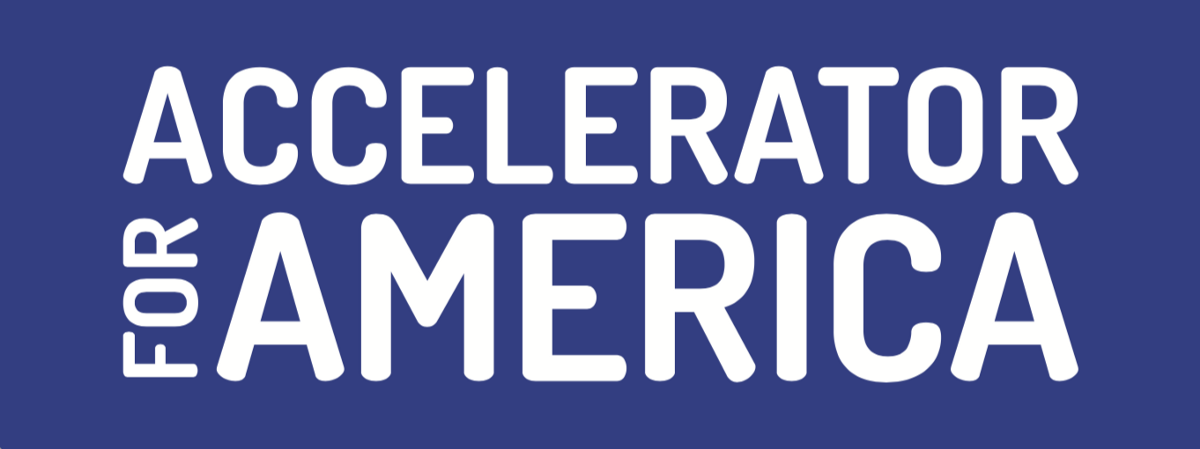Forbes: Small Business Scorecard — Mayor Pete Buttigieg
OTTUMWA, IOWA - JANUARY 28: Democratic presidential candidate former South Bend, Indiana Mayor Pete Buttigieg answers questions during a town hall event at the Ottumwa Family YMCA January 28, 2020. Iowa holds the first-in-the-nation caucuses on February 3. (Photo by Win McNamee/Getty Images) GETTY IMAGES
By Rohit Arora
Pete Buttigieg, the first openly gay presidential candidate from a major political party, is best known as the mayor of South Bend, Indiana. He also served as a naval intelligence officer in the U.S. Navy Reserve from 2009-17 and was deployed for seven months in Afghanistan during his first term as mayor in 2014. A Harvard graduate and a Rhodes Scholar at Oxford, he worked for consulting company McKinsey & Co. before to pursuing a career in politics.
As mayor of South Bend, he helped the city partner with the nonprofit Accelerator for America to identify "Opportunity Zones" (areas struggling to generate economic growth) that use tax incentives to attract business investment into local communities and help startups get off the ground. In 2018, Buttigieg established a small business incubator in a historically black neighborhood to expand business opportunities.
Under Buttigieg's leadership, South Bend's Department of Community Investment helped growing companies secure $1.2 million in gap financing loans through the city's Industrial Revolving Loan Fund, which helps companies in the manufacturing, transportation, communication, wholesale trade, and service sectors. Buttigieg said that his city-supported projects added 675 jobs in 2017.
Later, the mayor commission a year-long diversity disparity study in 2018 to measure how often South Bend hires minority-owned companies for city contracts. Buttigieg's plan is to use the results of the study to set future goals for working with diverse vendors.
Mayor Pete Buttigieg launched his 2020 Presidential campaign on April 14, 2019. A few months later, in July, he developed his small business policy cornerstone, the Walker-Lewis Initiative, named after two of the most successful African American entrepreneurs in U.S. business history: Madam CJ Walker and Reginald Lewis. The plan is designed to spur entrepreneurship and job creation in underserved communities because he believes entrepreneurship is an engine of economic growth and employment.
Recognizing that people of color face unique challenges to starting their own businesses, including accessing credit, he developed the Walker-Lewis Initiative, which aims to triple the number of entrepreneurs from underrepresented backgrounds during the next decade and to create up to 3 million new jobs in minority communities across the country.
The plan consists of two parts. The first is the creation of a federal Walker-Lewis Entrepreneurship Fund to invest in entrepreneurs from underrepresented backgrounds. This fund would co-invest in funds with the explicit goal of investing in entrepreneurs based in low-income and minority communities. The government would co-invest up to $10 billion within five years, which will activate another $10 billion of private capital. Additionally, there would be corresponding efforts to expand access to capital, entrepreneur training and development, and rigorous measurement and data tracking.
The second major initiative is Walker-Lewis Debt-for-Jobs Plan to help young entrepreneurs start businesses. Every student who was eligible for Pell Grants while in school will have his or her college loans deferred and forgiven over a five-year period if they start and maintain a business employing at least three people within five years of leaving school.
Additionally, Buttigieg proposes launching the Walker-Lewis Promise with the goal of awarding 25% of federal’s $500 billion dollars in government contracts to small business owners from underserved communities in urban and rural areas. The companies include minority-owned firms (currently nearly 10%) and women-owned firms (currently at 5%), according to contract data on USAspending.gov. Buttigieg estimates that awarding more contracts to business owners who are economically and socially disadvantaged would inject over $100 billion in underserved communities.
“Women of color account for nearly half of all women-owned businesses, over $386 billion in annual revenue, which means lifting up black women not just with our words, but with our dollars,” Buttigieg said.
Buttigieg says that if elected, he would convene a task force of diverse and highly credentialed collection of entrepreneurs to identify additional ways to reach our entrepreneurship goals and report back to the President.
The 37-year-old believes “Freedom is an inclusive economy without unfair barriers to entrepreneurship.” On Small Business Saturday (Nov. 30, 2019), he tweeted:
Small businesses begin as acts of hope and go on to fuel our economy. This #SmallBusinessSaturday, support veteran, women, and minority-owned small businesses, and help open new doors of opportunity for their owners, our communities, and our country.
Of all the Democratic Presidential nomination contenders, he is the one who has devoted a significant portion of his policy platform and his campaign website to small business growth. He also has a record of helping small businesses grow in South Bend.
However, Buttigieg also released a plan last summer aiming to strengthen union bargaining power, raise the minimum wage to $15, and offer national paid family leave. These initiatives could prove quite costly to small businesses if mandated by federal law.
Scorecard
Past Leadership: A
Future Plans: B+
Overall Grade: A-
Read the full article here.

